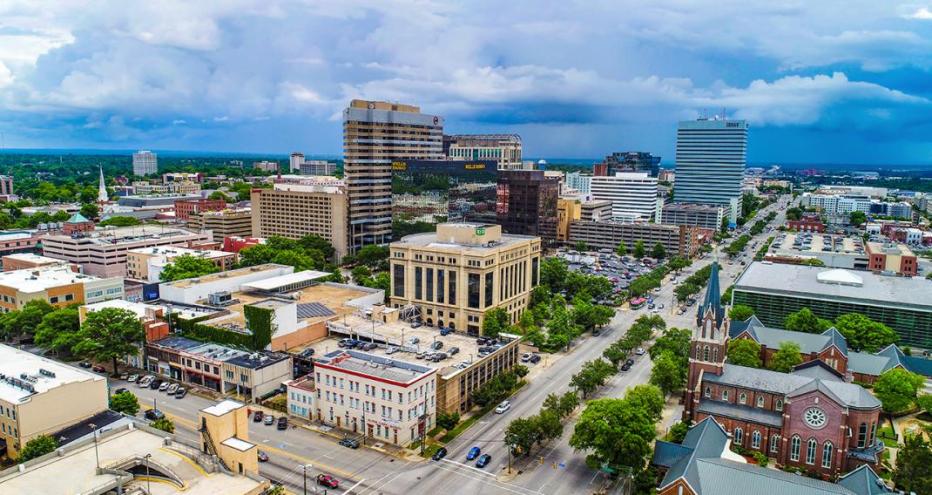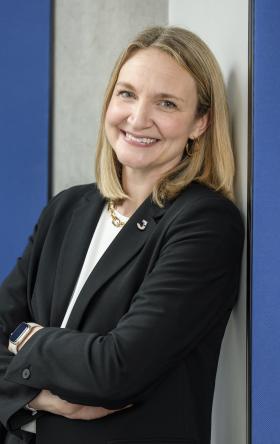
In 2017, the City of Columbia announced “Envision Columbia” as a major step towards spurring local growth and sustainability.
Meanwhile Columbia Water was exploring technologies to improve customer service and operational efficiencies. It was determined that an Advanced Metering Infrastructure (AMI) project would provide benefits in line with the City’s vision for the future and directly addresses goals related to providing high quality municipal services, efficiently, effectively and responsively.
Columbia Water first experimented with new meter reading technologies in 2011 when an RFP pilot project was solicited for a drive-by Automated Meter Reading (AMR) solution. The goal of this pilot project was to test the water meter with new reading technology and to ultimately identify if the benefits outweigh the cost.
After the promising results from pilot project, Columbia Water engaged Jacobs to make smart metering a reality for the utility and its customers.
-
150 K
customers
-
18 %
replacement of old meter boxes, streamlined during implementation to save costs
“Jacobs has been helping us complete a Business Case evaluation to help estimate the project cost and return on investment. These results were presented to our Mayor and Council who all supported the project going forward. The Jacobs team then helped Columbia Water complete a competitive procurement process where we received excellent industry interest that ultimately led to the selection of one vendor.”
Inside Columbia Water’s AMI Implementation
As a result of the pilot project, Columbia Water recognized the benefits of AMI technology over manual meter reading practices and hired Jacobs to prepare an assessment of existing water metering system, develop a business case model and prepare a feasibility study, assist in the acquisition of the selected technology, and provide project management services through the implementation phase.
During the competitive procurement process six vendor technical proposals were received. The selection team used those proposals, and the defined evaluation criteria, to identify a short-list of the three highest ranked proposals. All three vendors were invited to Columbia to interview, present their software solutions, and ask Columbia Water any clarifying questions on the project. The third and final stage included the evaluation of the lifecycle costs which combined the technical and interview scores resulting in the selection of the strongest and most cost-efficient solution.
After a vendor selection and negotiation phase, the implementation phase is poised to begin in 2019 when more than 145,000 water meter installations will be occurring over a 36-month period.
Innovative solutions
An area of focus identified by Jacobs during the assessment of the existing water metering system was the uncertainty surrounding the condition and quantity of meter boxes in the field. To get accurate quantities for the business case model, Jacobs performed a field survey to determine the meter box conditions and estimate the quantity of box replacements that might be required throughout the system. The results of the survey showed that 18% of meter boxes (approximately 26,000) would need to be replaced. This information was incorporated into the procurement process such as site visits with AMI vendors and explicit line items in the lifecycle pricing sheet to ultimately reduce cost by Columbia Water.














































